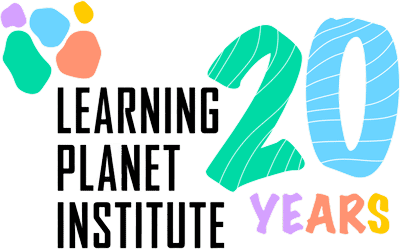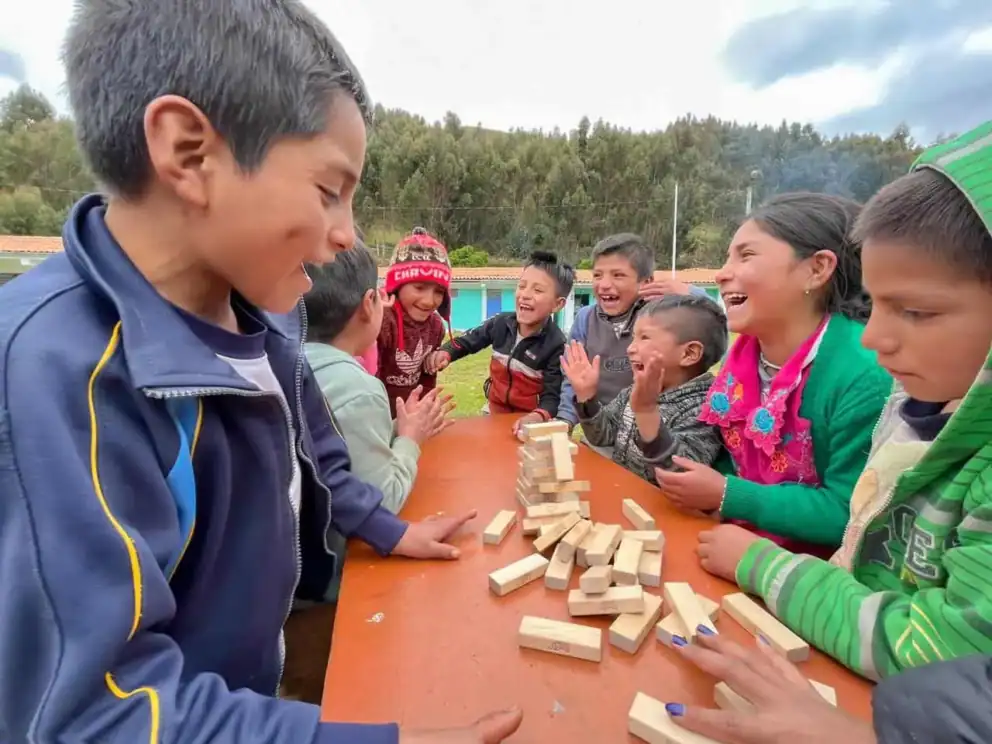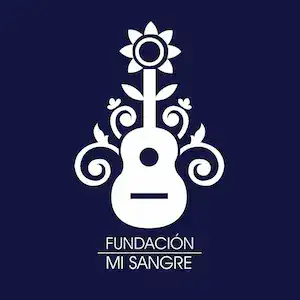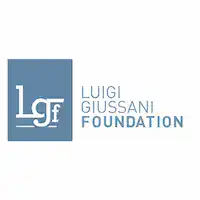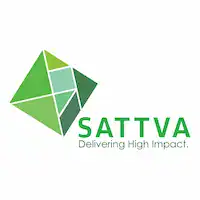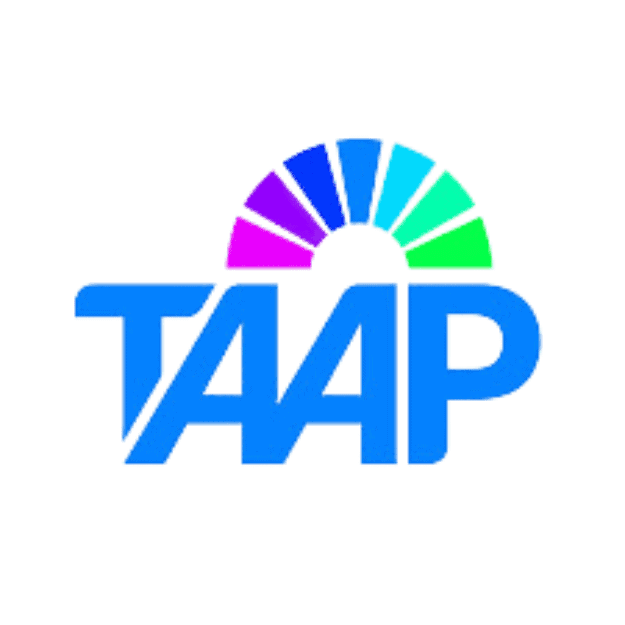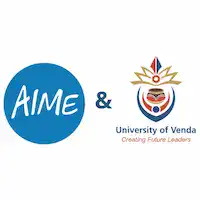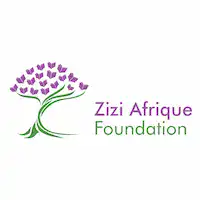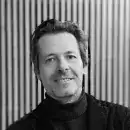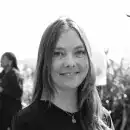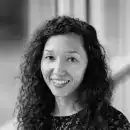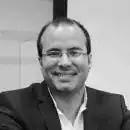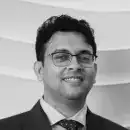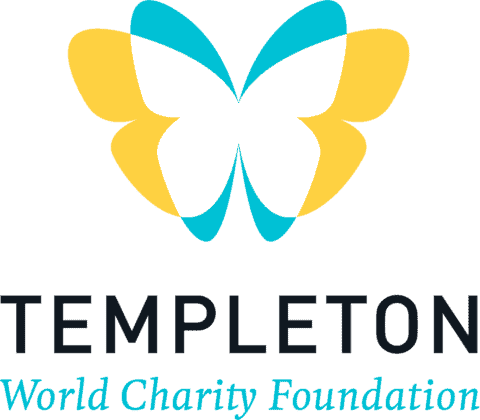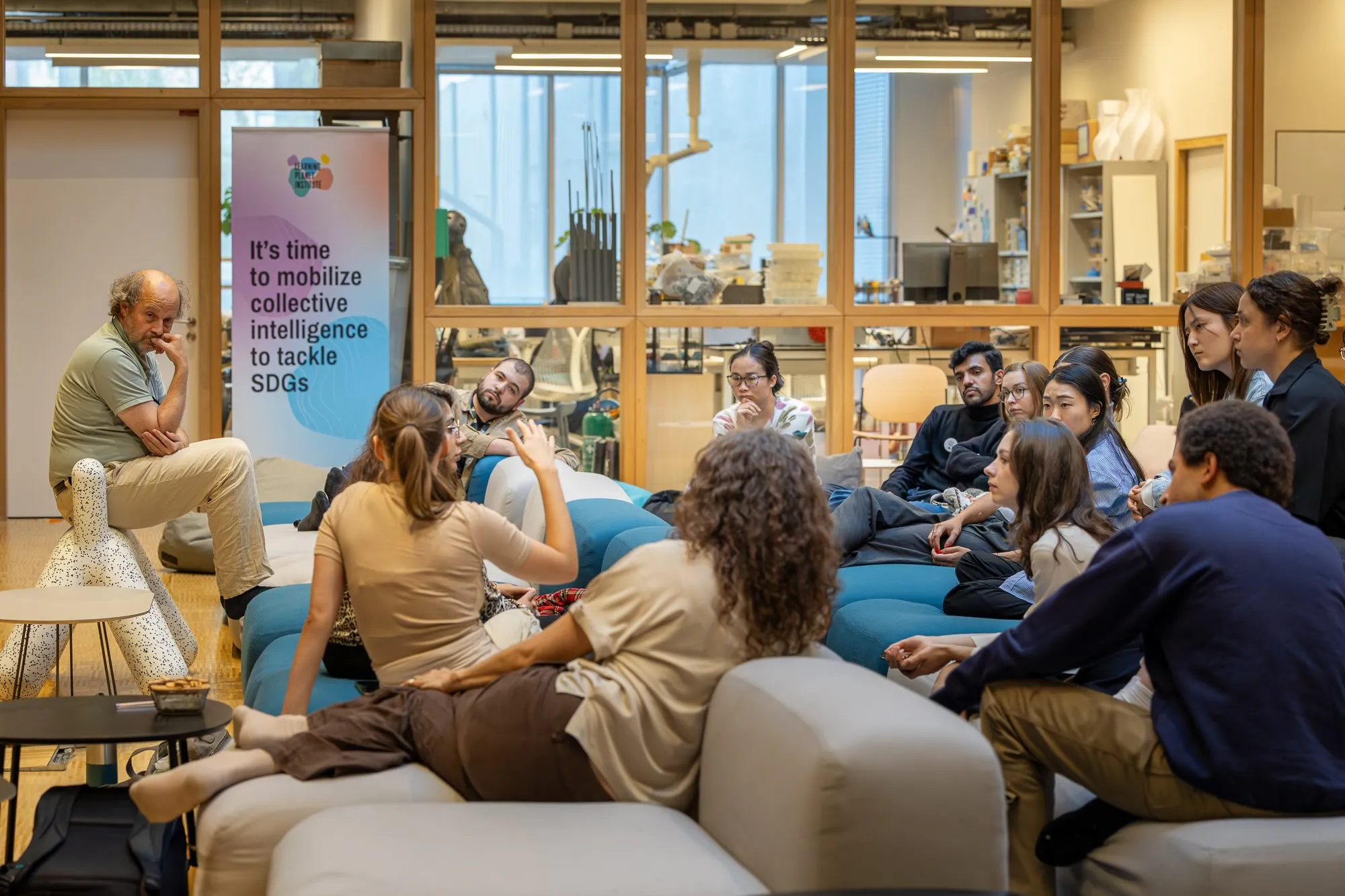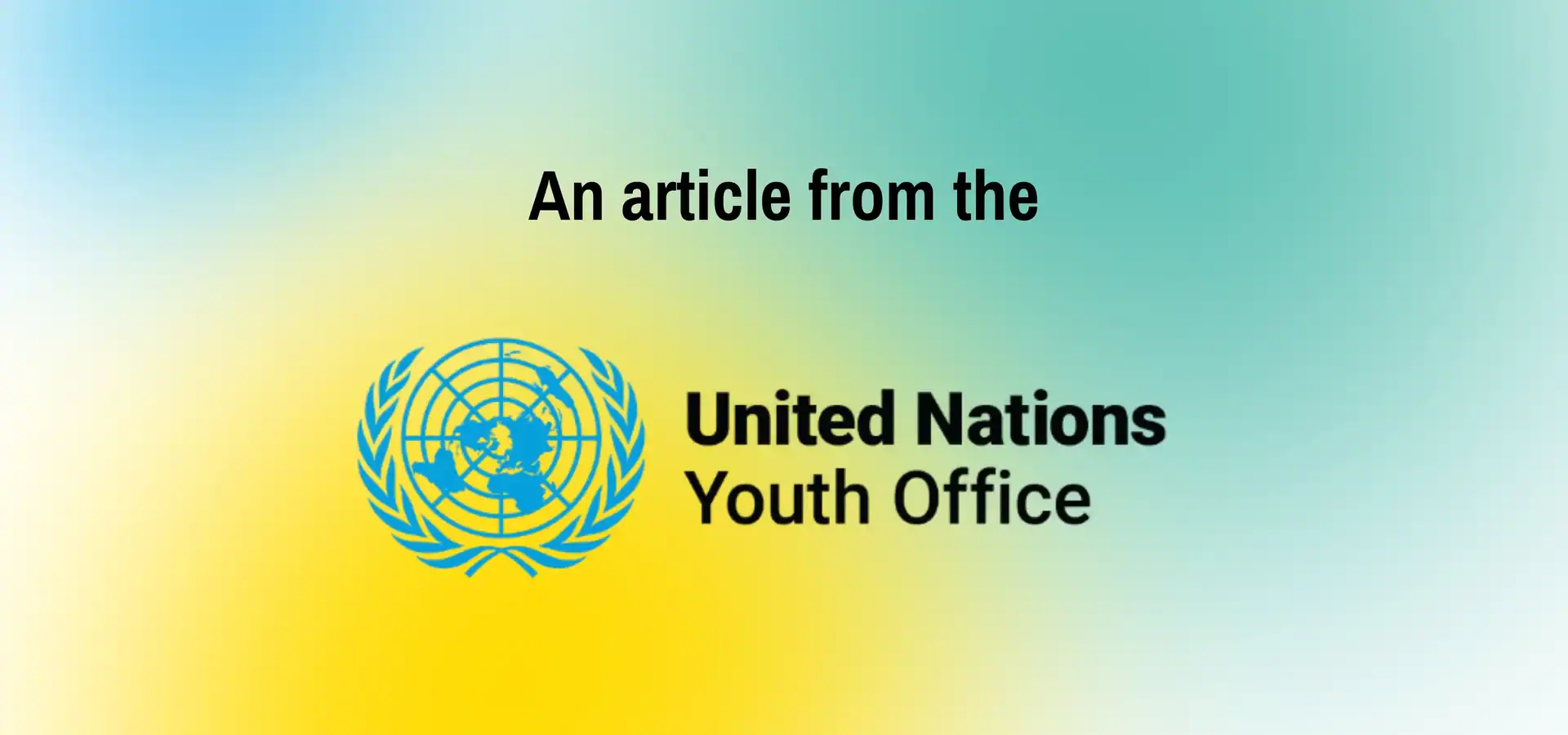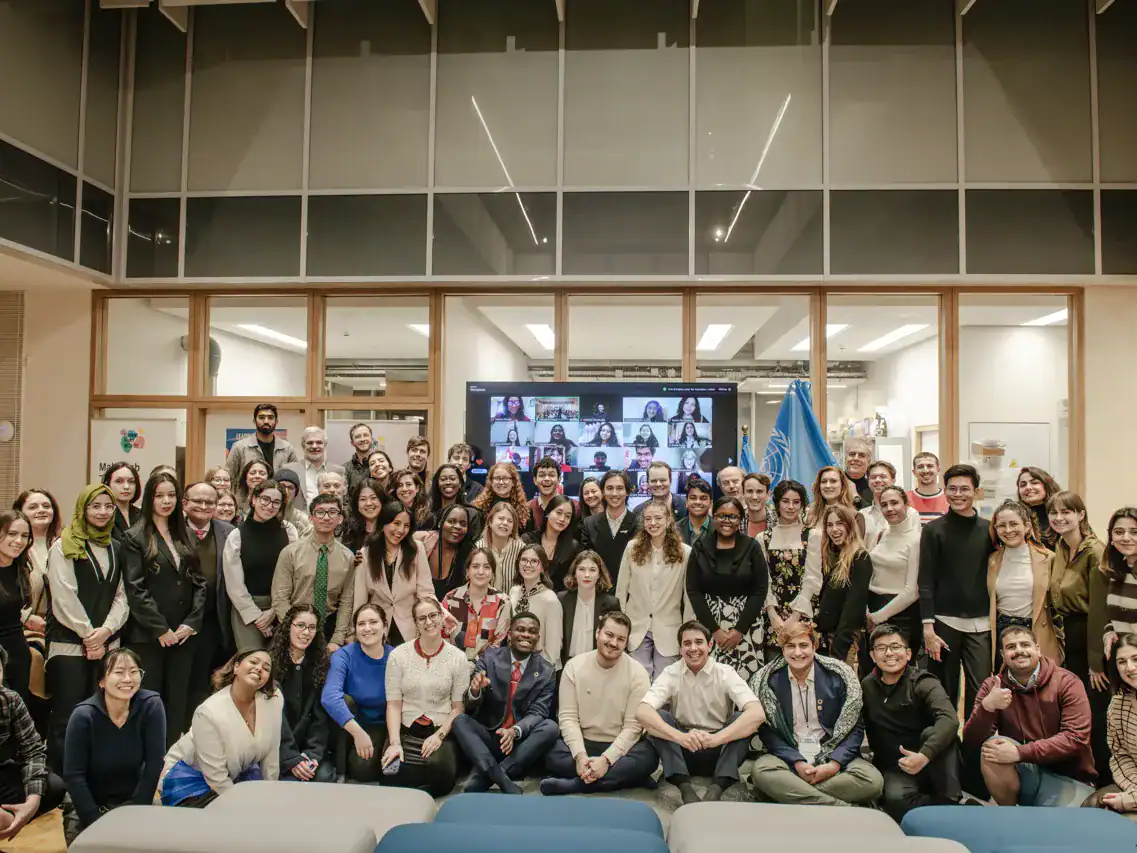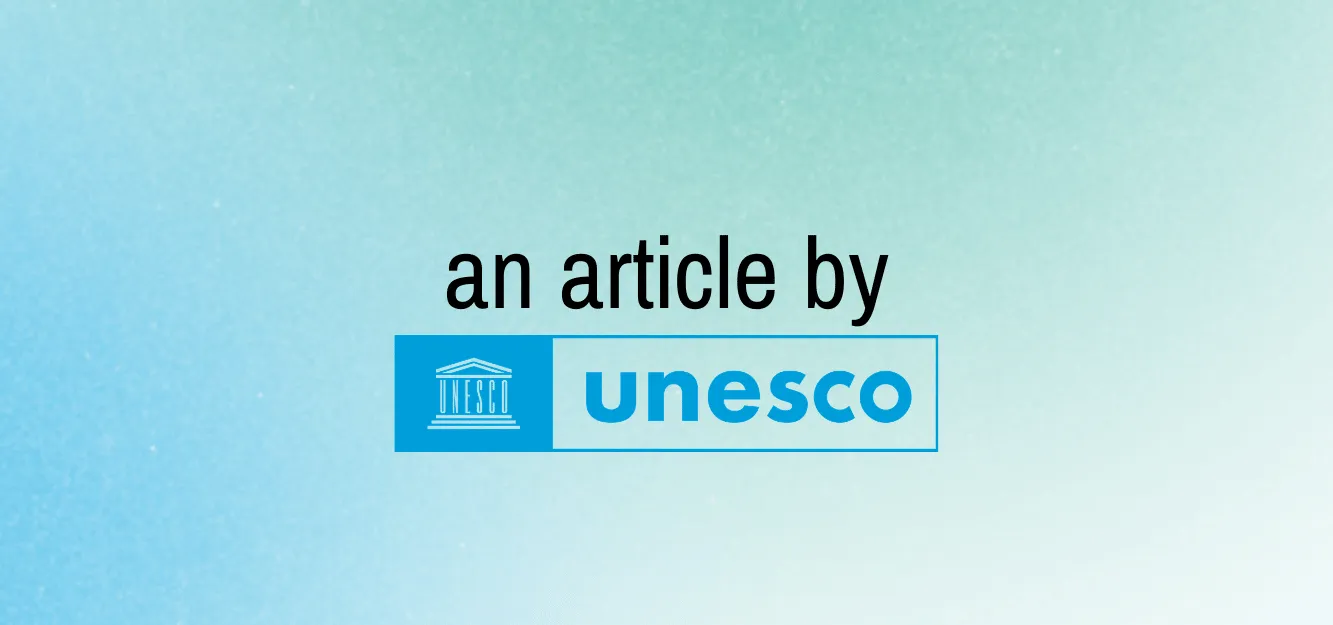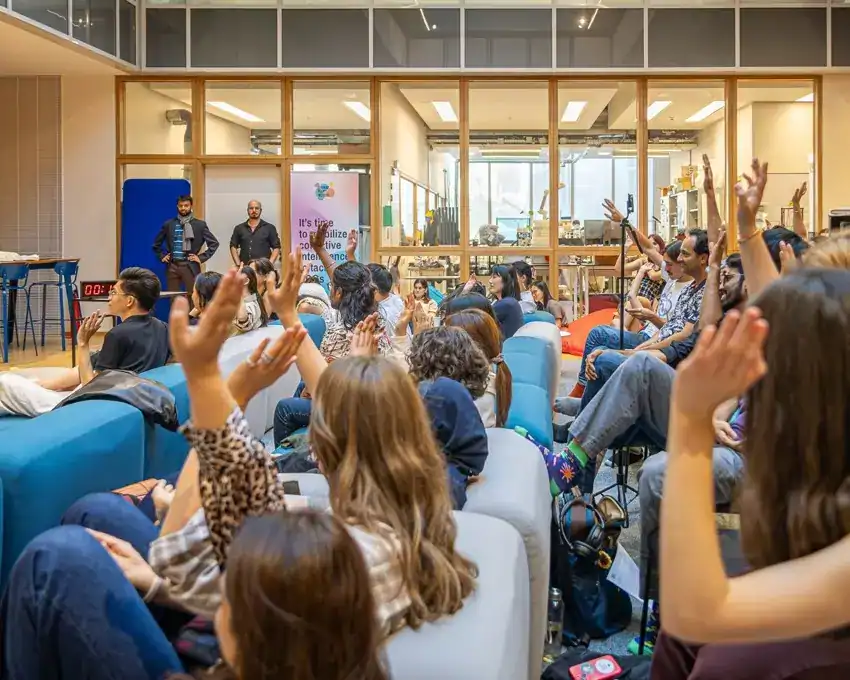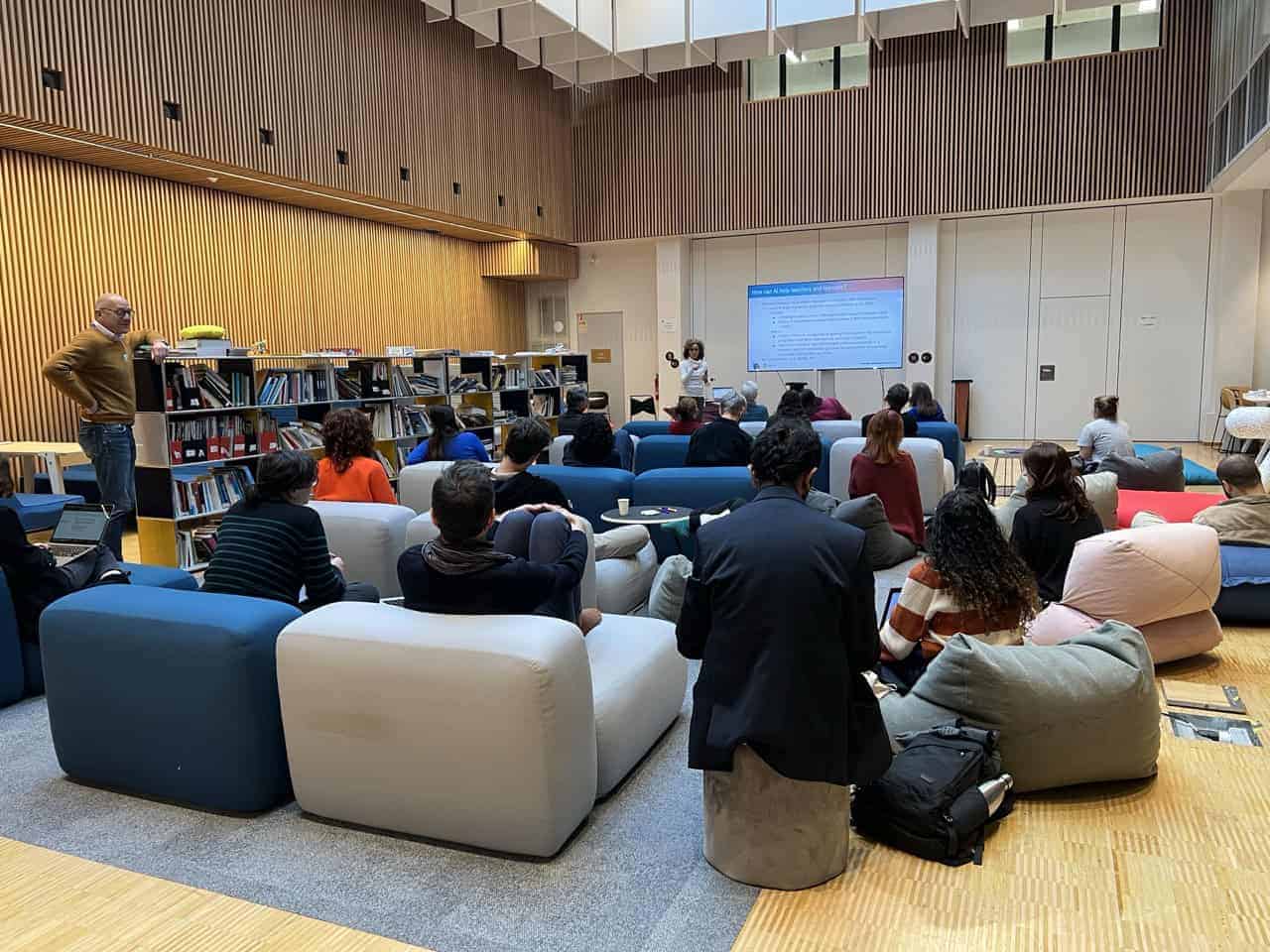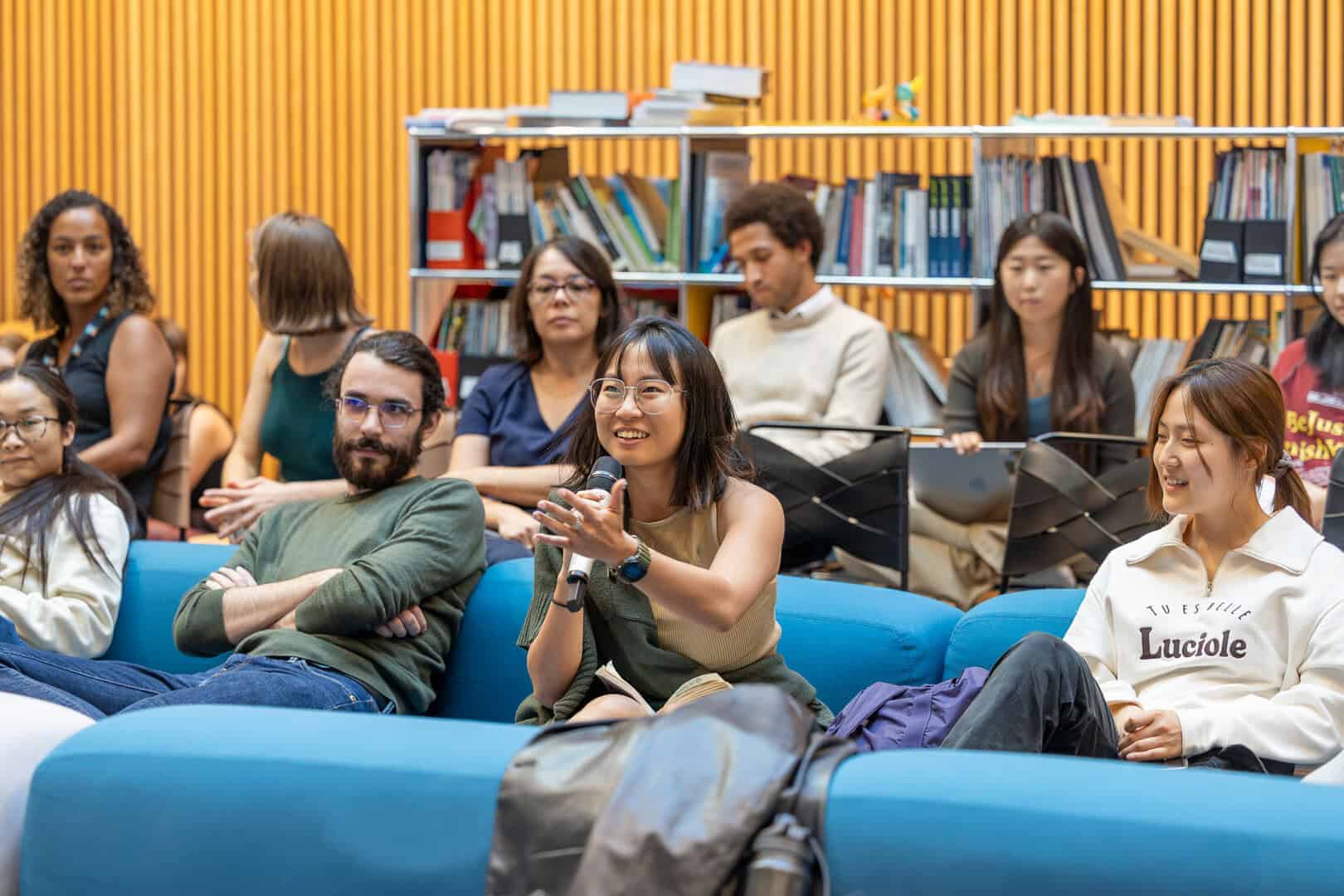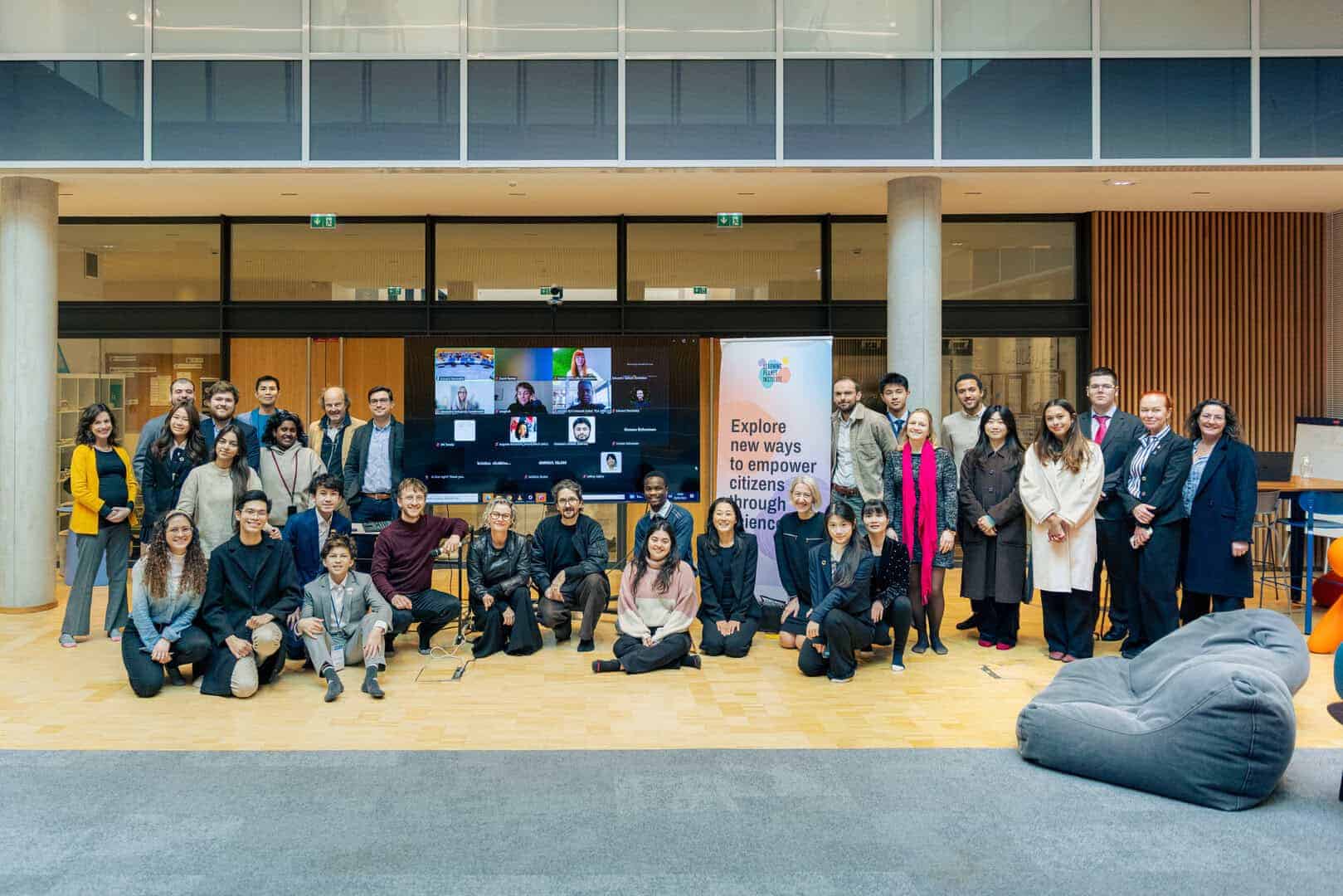Despite constant and significant efforts, millions of children in Africa, Asia and Latin America still have no access to quality education. These children face many difficulties: inequality, conflict, poverty and displacement. Traditional education systems, often designed far from their realities, do not always meet their learning needs.
We firmly believe that education should enable every child to flourish, whatever his or her circumstances.
Faced with this challenge, a new approach is emerging: learning ecosystems. These community-driven educational models are based on local knowledge, equity and resilience. Teachers, young people, associations, public officials and the private sector work together to design learning paths adapted to local challenges. By bringing together a wide range of players, these ecosystems are transforming the way children learn, even in the most difficult situations.
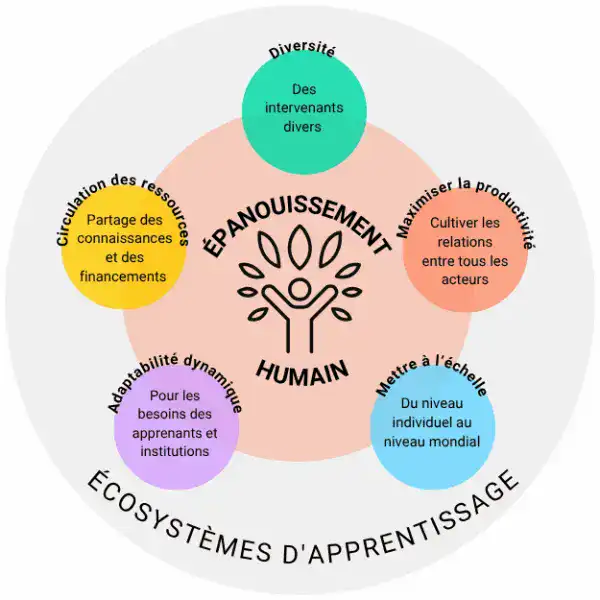
A growing movement of educational innovators reinventing the way young people thrive
Our ecosystem is a network of organizations - in Africa, Asia and Latin America - which mobilizes local knowledge and partnerships to transform learning, while responding holistically to barriers to education such as poverty, violence and conflict.
Differences reinforce this approach, through peer-to-peer learning, South-South collaboration and shared governance.
From research to action
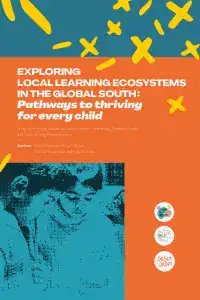
The Exploring local learning ecosystems in the Global South: Pathways to thriving for every child« report (2023) began with a global mapping of 100 pioneering learning ecosystems across the global South. We then selected 11 that were particularly unique in their fields. These ecosystems place human fulfillment, equity and learner autonomy at the heart of their approach. at the heart of their actions.
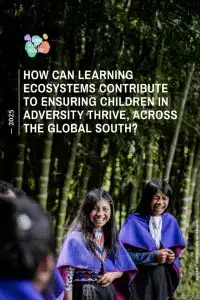
Moving from exploration to action, two years after the first published in 2023, How can learning ecosystems contribute to ensuring children in adversity thrive, across the Global South?« present a strategic roadmap for expanding learning ecosystems in the global South. Co-constructed with ten exemplary models, it shows how these community initiatives can become the basis for integrated formal and non-formal learning.
The document also addresses policy and funding challenges, offering a concrete blueprint for «education for human flourishing» (OECD), where local innovations transform national systems for the benefit of all children.
Where do we stand?
During the current transition phase (2024-2025), in collaboration with 10 learning ecosystems, we :
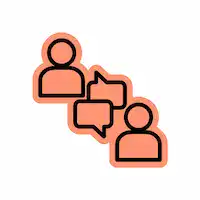
In-depth interviews with ecosystem managers to map needs and strengths within this network of educational innovators
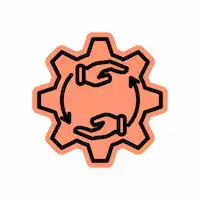
Developing a collaborative South-South community of practice to promote peer-to-peer learning across communities
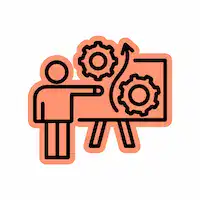
Sharing stories of change and the lessons learned from our learning ecosystems
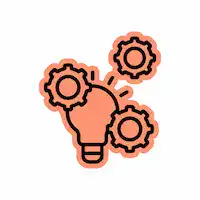
Creating an open knowledge repository, accessible to ecosystem leaders and research partners
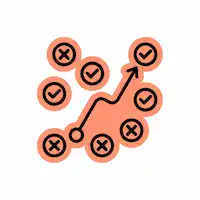
Working with experts in the field, a broader framework for understanding and amplifying the impact of current and future learning ecosystems
What's next?
We plan to implement the changes co-designed with these learning ecosystems on a local, national and global scale.
This ongoing work is based on four pillars:
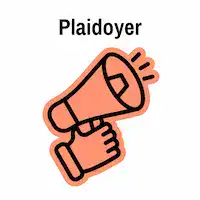
Empowering communities in political debates
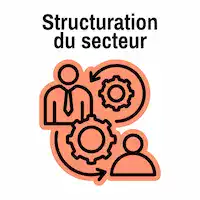
Create links between peer ecosystems to share strategies
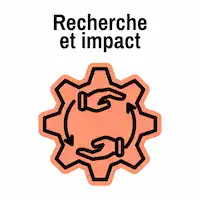
Collecting field data with and for local players
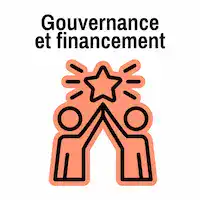
Promoting long-term sustainable models
Discover learning ecosystems
Change in storytelling
Resilience: the key to fulfillment
How young people in Peru support their communities
Friendship in Bangladesh
Testimonials
Core tam
Olivier BRECHARD
Director of International Relations - Learning Planet Institute
Katherine BROWN
Project Manager - Learning Planet Institute
Rosie CLAYTON
Director of Digital Leadership & Research Fellow - Transforming Learning Group WISE
Gaby Arenas DE MENESES
Expert in social innovation & co-founder - TAAP Foundation
Valerie HANNON
Co-founder - Innovation Unit
Olga KOKSHAGINA
Associate Researcher, Learning Transitions Lab - Learning Planet Institute
Maria Angelica MEZA
Intern - Learning Planet Institute
Franco MOSSO
Co-founder - Enseña Perú
Marc SANTOLINI
Associate Researcher, Learning Transitions Lab - Learning Planet Institute
Radi SHAFIQ
General Manager - Friendship Bangladesh
Michael STEVENSON
Senior Strategy Adviser & Consultant, High Performing Systems of Tomorrow - OECD Education & Skills Directorate
